Plastic: How can the Swiss use so much and recycle so little?

Switzerland consumes three times as much plastic as other European countries, but recycles 30% less. Bans on plastic in the EU and China may change that.
The Swiss appetite for plastic is considerable. Each year, Switzerland generates nearly 100kg of plastic waste per capita – more than three times as much as the European average.
Over 75% of the 1,000,000 tonnes of plastic consumed in Switzerland is disposable packaging material, and there’s debate over whether it makes more sense to recycle or burn it. Switzerland stopped burying rubbish in landfills in 2000, which means that whatever’s not recycled is incinerated to generate energy.
According to a report from industry association PlasticsEuropeExternal link, Switzerland recycles about 25% of its plastic waste, lagging well behind Norway and Sweden (over 40%) as well as Germany, the Czech Republic, Ireland and Spain (over 35%).

More
Why don’t the Swiss recycle more plastic?
Plastic (in)action
To reduce plastic pollution, many African countries, as well as Bangladesh and France, have banned plastic shopping bags, and Britain has a national surcharge on them. By this summer, plastic microbeads such as those used in products like toothpaste and facial scrubs will be forbidden in several nations. And the European Union is working on a plastic strategy to ensure that by 2030, all plastic packaging used within its 28-member states can either be recycled or reused.
Switzerland, which is not an EU member, has no such plans to cut back on plastic waste.
“The government can only ban products if their environmental impact cannot be justified. Because a product ban strongly interferes with economic freedom, there has to be a very compelling reason for it,” explains Elisabeth Maret, a spokeswoman for the Swiss Federal Office for the EnvironmentExternal link.
Regarding plastic shopping bags, she cites the success of the voluntary move by Swiss retailers to charge customers five centimes for the bags – resulting in an 84% drop in demand at check-out counters between 2016 (417,781,000 bags) and 2017 (66,112,000 bags). In other words, no need for the government to step in on this aspect of plastic consumption.
The environment office is less concerned about relatively low recycling rates than what is being done – or not being done – in the early stages of lifecycles of products. Maret says more ecologically designed packaging would make it easier to recover quality plastics for reuse.
China says no
Last year, European countries disposed of a sixth of their plastic waste by shipping it abroad – mainly to China. To cut down on pollution, China stopped importing foreign plastic waste at the start of 2018.
The impact is already being felt, says Markus Tonner of Switzerland’s InnoRecyclingExternal link. His company sells collection bags for assorted plastics, gathers and sorts the contents, and uses the better quality material to process granulate for making construction equipment and other products.
While prices have fallen for low quality plastic waste, such as polyethylene film, high quality plastic granulate is selling well – also to the Chinese.
“We’re very, very satisfied with the granulate market; this is our 18th year in business and the demand for it has never been so good,” Tonner says, noting that China’s decision to reject junky plastic from abroad is forcing Europe to rethink how it collects and sorts plastic.
“It’s a very positive development. Now the sorting plants have to do a better job, with a focus on quality over quantity,” he points out. This is not so good for companies that collect and sort plastic waste, which “hardly pays” at the moment now that it’s harder to shift the inferior materials, and because better equipment and training may be needed to improve sales. But Tonner believes things will balance out as the demand for good quality recyclable plastic increases, and predicts an increase in opportunities to recycle plastic in Switzerland.
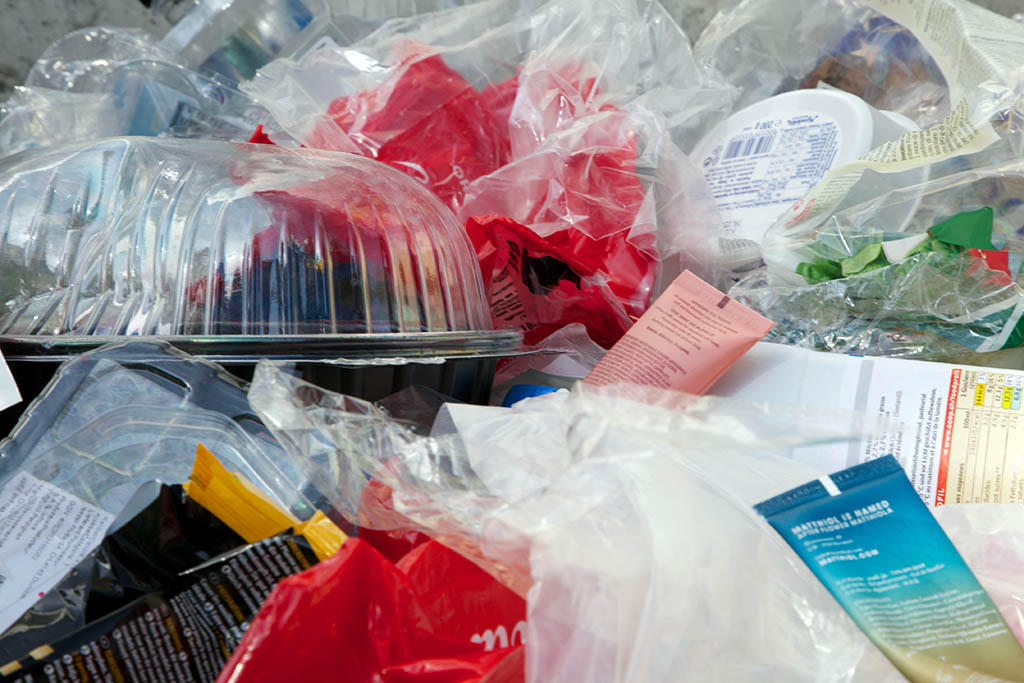
Potential for plastic recycling
Currently, the Swiss collect 80,000 tonnes of plastic for recycling – mainly PET drink bottlesExternal link, plus milk, shampoo, detergent and other high-quality bottles. In theory, Switzerland could recycle an additional 112,000 tonnes of plastic per year. Put another way, everyone in Switzerland could collect and recycle another 14kg of plastic per year. But there is no federal system, and few processing plants for recycling plastic exist in Switzerland.
Still, consumers are eager to contribute to a circular economy, a point illustrated by the 83% recycling rate of PET beverage bottles. The nationwide campaign to collect these started in 1990; today there are more than 50,000 PET drop-off points across Switzerland.
Five years ago, prompted by consumers eager to recycle more than just PET and milk bottles, Swiss supermarkets began collecting all types of plastic bottles.
You can contact the author on Twitter @SMisickaExternal link.
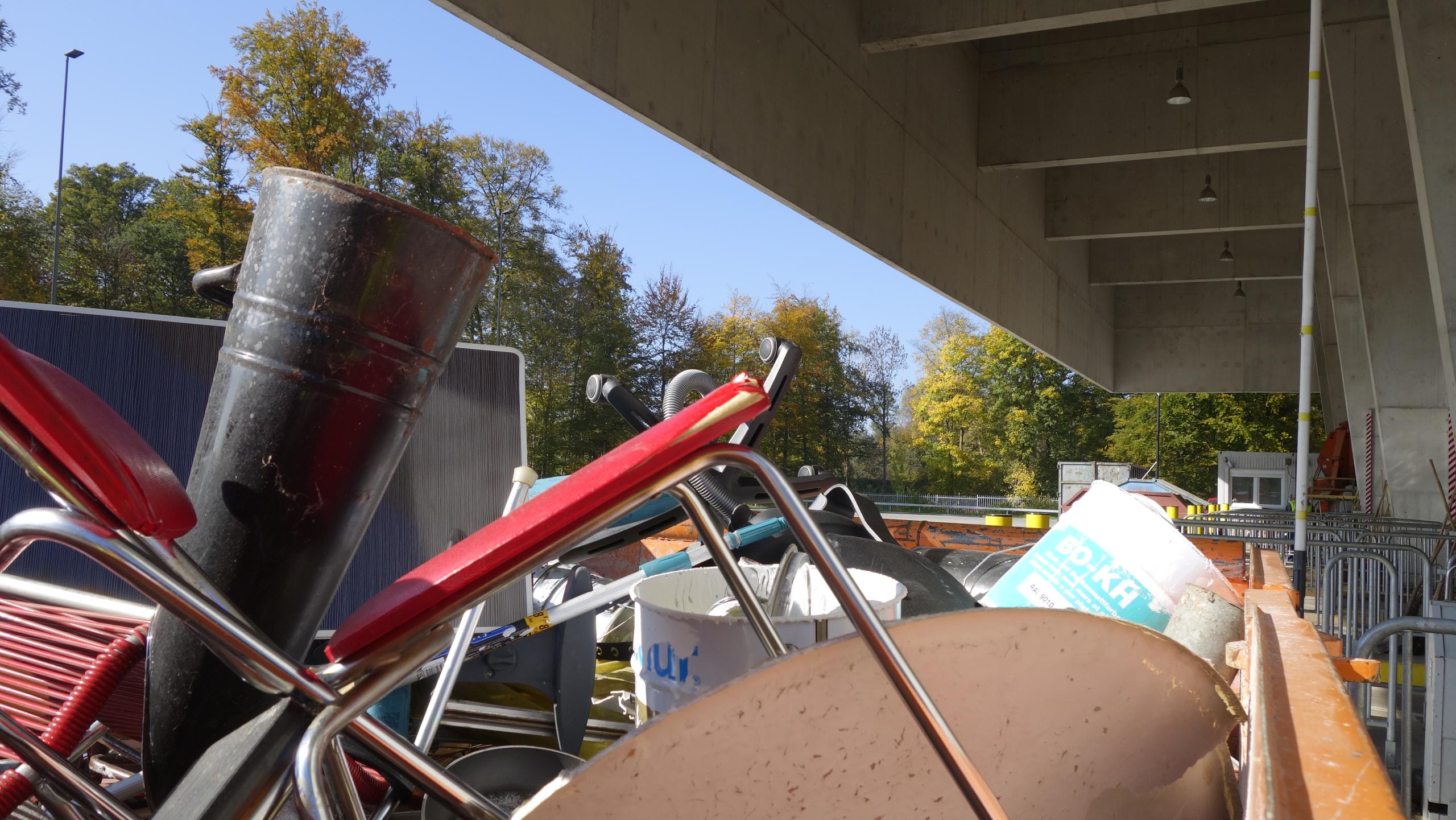
More
How the Swiss deal with waste

In compliance with the JTI standards
More: SWI swissinfo.ch certified by the Journalism Trust Initiative













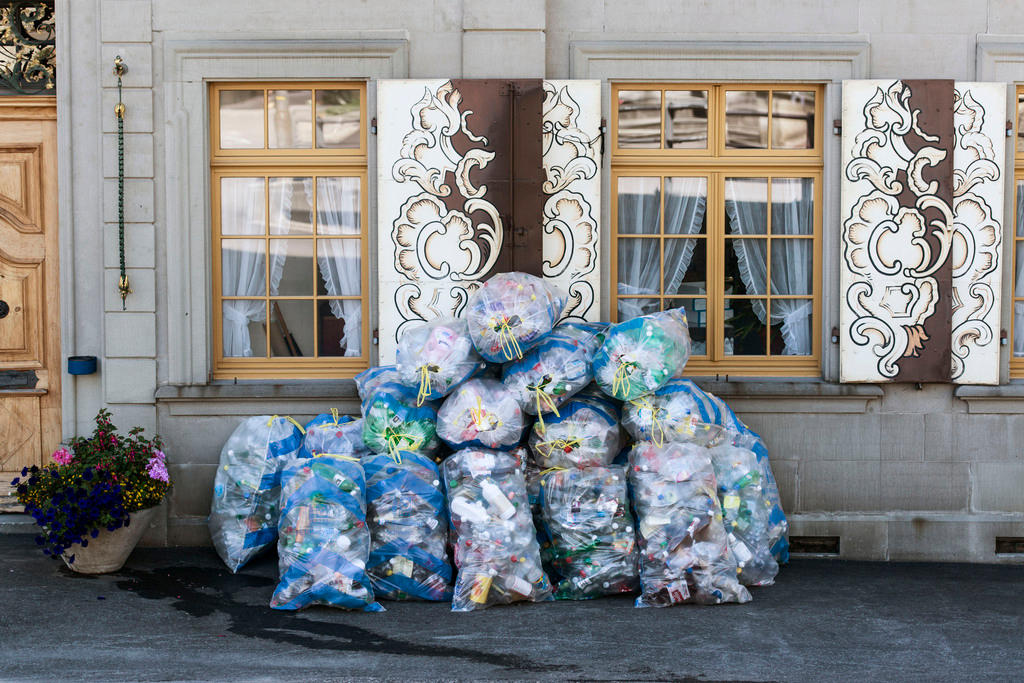
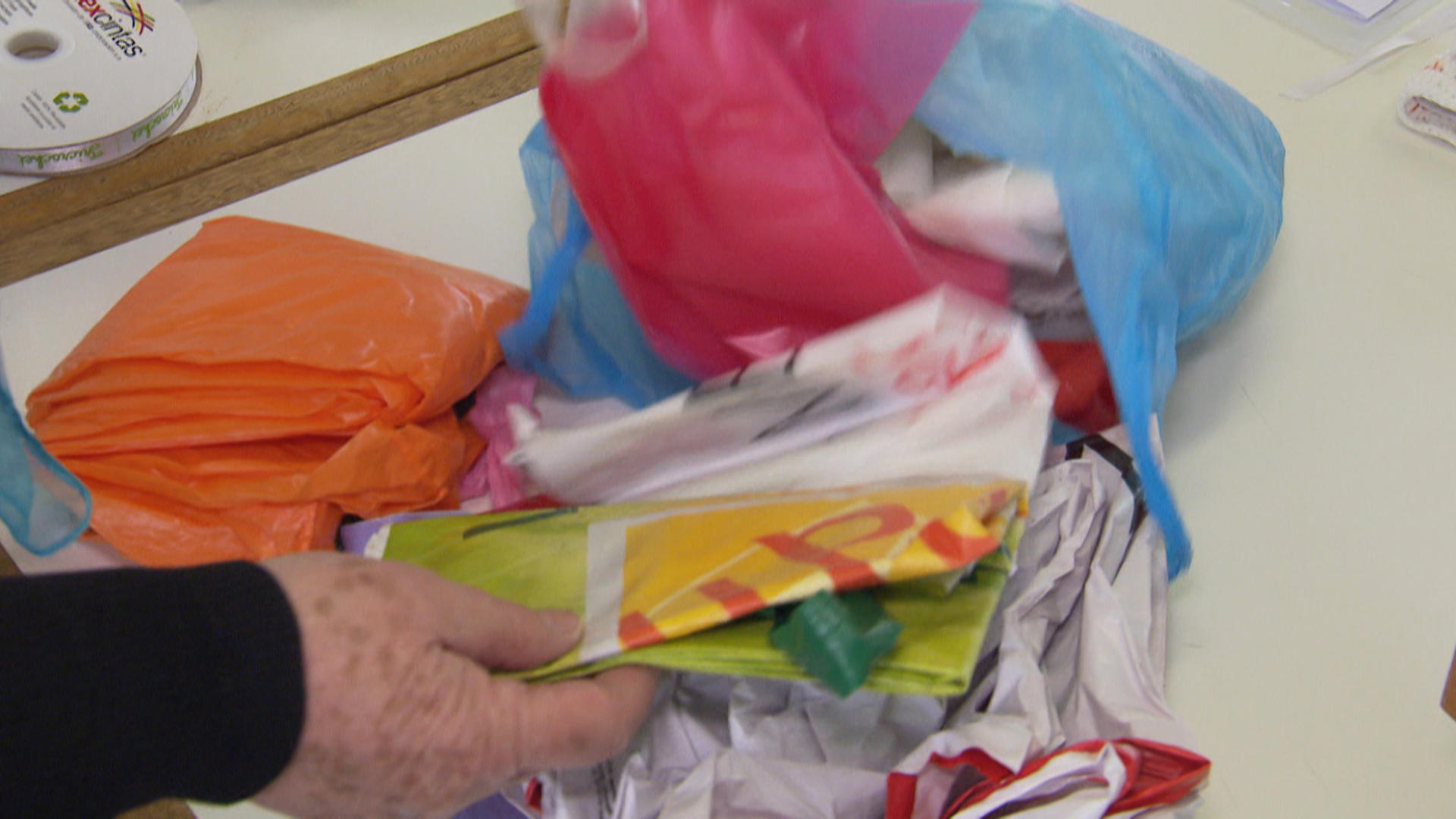
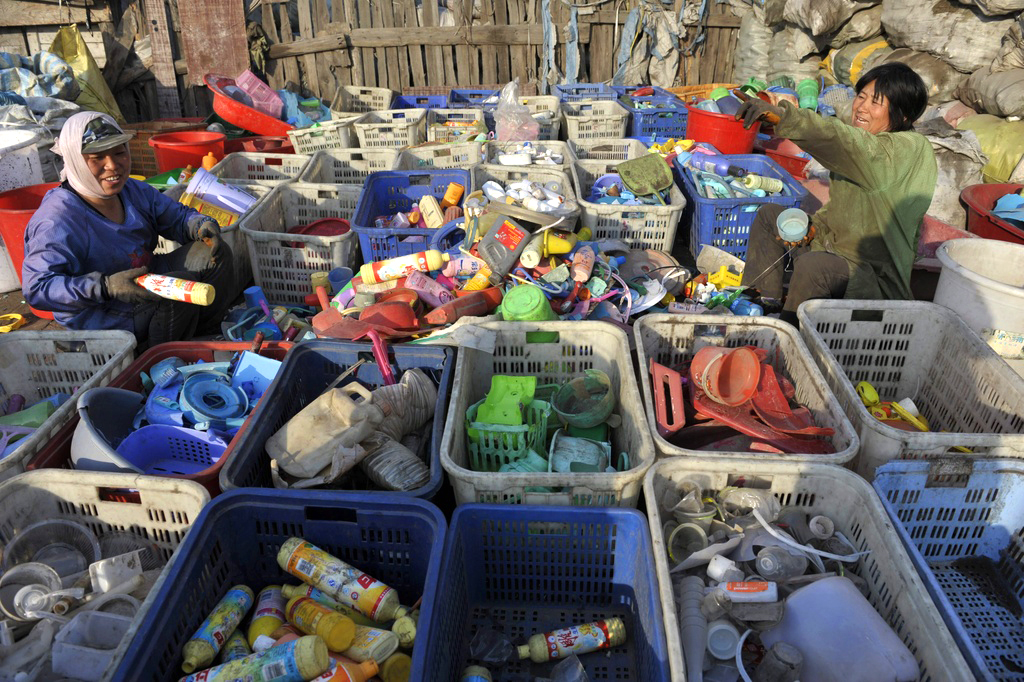
You can find an overview of ongoing debates with our journalists here . Please join us!
If you want to start a conversation about a topic raised in this article or want to report factual errors, email us at english@swissinfo.ch.